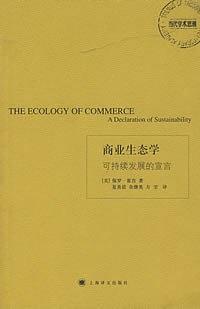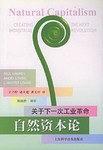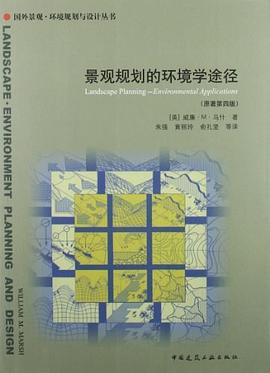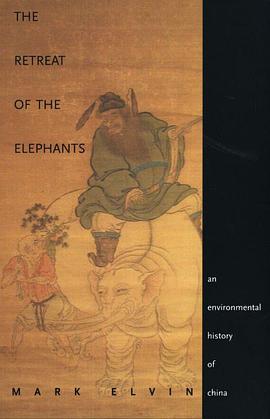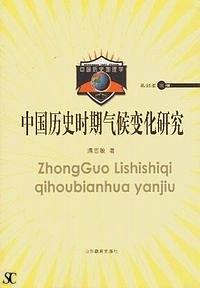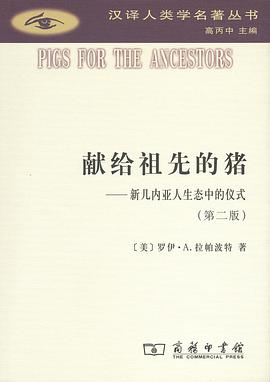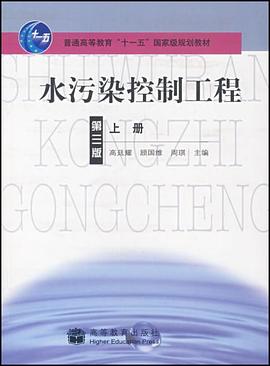
The Nature of the Beasts pdf epub mobi txt 电子书 下载 2025
- 日本
- 环境史
- 环境
- 科学史
- 历史
- 动物
- 动物史
- 英文版
- 野生动物
- 自然
- 生物
- 生态
- 动物行为
- 自然观察
- 野外探险
- 物种多样性
- 进化
- 自然保护

具体描述
It is widely known that such Western institutions as the museum, the university, and the penitentiary shaped Japan’s emergence as a modern nation-state. Less commonly recognized is the role played by the distinctly hybrid institution—at once museum, laboratory, and prison—of the zoological garden. In this eye-opening study of Japan’s first modern zoo, Tokyo’s Ueno Imperial Zoological Gardens, opened in 1882, Ian Jared Miller offers a refreshingly unconventional narrative of Japan’s rapid modernization and changing relationship with the natural world. As the first zoological garden in the world not built under the sway of a Western imperial regime, the Ueno Zoo served not only as a staple attraction in the nation’s capital—an institutional marker of national accomplishment—but also as a site for the propagation of a new “natural” order that was scientifically verifiable and evolutionarily foreordained. As the Japanese empire grew, Ueno became one of the primary sites of imperialist spectacle, a microcosm of the empire that could be traveled in the course of a single day. The meaning of the zoo would change over the course of Imperial Japan’s unraveling and subsequent Allied occupation. Today it remains one of Japan’s most frequently visited places. But instead of empire in its classic political sense, it now bespeaks the ambivalent dominion of the human species over the natural environment, harkening back to its imperial roots even as it asks us to question our exploitation of the planet’s resources.
作者简介
Ian Jared Miller is assistant professor in the Department of History at Harvard University.
目录信息
Ecological Modernity in Japan
The Natural World as Exhibition
pt. ONE THE NATURE OF CIVILIZATION
1.Japan's Animal Kingdom: The Origins of Ecological Modernity and the Birth of the Zoo
Bringing Politics to Life
Sorting Animals Out in Meiji Japan
Animals in the Exhibitionary Complex
The Ueno Zoo
Ishikawa Chiyomatsu and the Evolution of Exhibition
Bigot's Japan
Conclusion
2.The Dreamlife of Imperialism: Commerce, Conquest, and the Naturalization of Ecological Modernity
The Dreamlife of Empire
The Nature of Empire
Nature Behind Glass
Backstage at the Zoo
The Illusion of Liberty
Imperial Trophies
Imperial Nature
Conclusion
pt. TWO THE CULTURE OF TOTAL WAR
3.Military Animals: The Zoological Gardens and the Culture of Total War
Military Animals
Mobilizing the Animal World
The Eye of the Tiger
Animal Soldiers
Horse Power
Conclusion
4.The Great Zoo Massacre
The Culture of Total Sacrifice
A Strange Sort of Ceremony
Mass-Mediated Sacrifice
The Taxonomy of a Massacre
The Killing Floor
And Then There Were Two
Conclusion
pt. THREE AFTER EMPIRE
5.The Children's Zoo: Elephant Ambassadors and Other Creatures of the Allied Occupation
Bambi Goes to Tokyo
Empire after Empire
Neocolonial Potlatch
"Animal Kindergarten"
Occupied Japan's Elephant Mania
Elephant Ambassadors
Conclusion
6.Pandas in the Anthropocene: Japan's "Panda Boom" and the Limits of Ecological Modernity
The "Panda Boom"
The Science of Charisma
Panda Diplomacy
"Living Stuffed Animals"
The Nature of Copyright
The Biotechnology of Cute
Conclusion.
· · · · · · (收起)
读后感
评分
评分
评分
评分
用户评价
动物园如何能够成为沟通人,自然,动物之间的桥料,以及这种沟通如何通过现代性的文化和政治建设实现。可是这种对自然的割裂,控制,和展示本身是现代性的一部分,更是十九世纪以降帝国政治文化的一部分。
评分如果这是2000年的书确实不错,但是2013年还在讲现代性建构了人和自然的区别云云……
评分如果这是2000年的书确实不错,但是2013年还在讲现代性建构了人和自然的区别云云……
评分看第四章都要看哭了..分析和理論非常緊密...
评分反倒是战后的部分写得好
相关图书
本站所有内容均为互联网搜索引擎提供的公开搜索信息,本站不存储任何数据与内容,任何内容与数据均与本站无关,如有需要请联系相关搜索引擎包括但不限于百度,google,bing,sogou 等
© 2025 book.wenda123.org All Rights Reserved. 图书目录大全 版权所有

